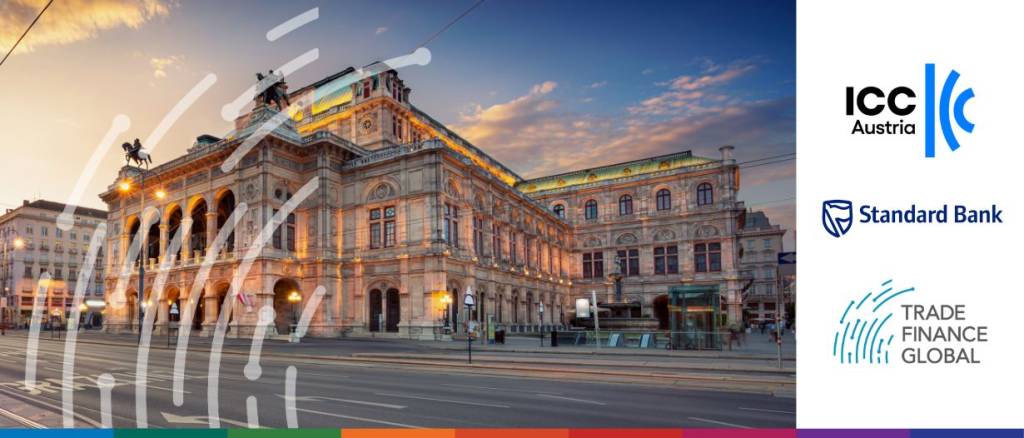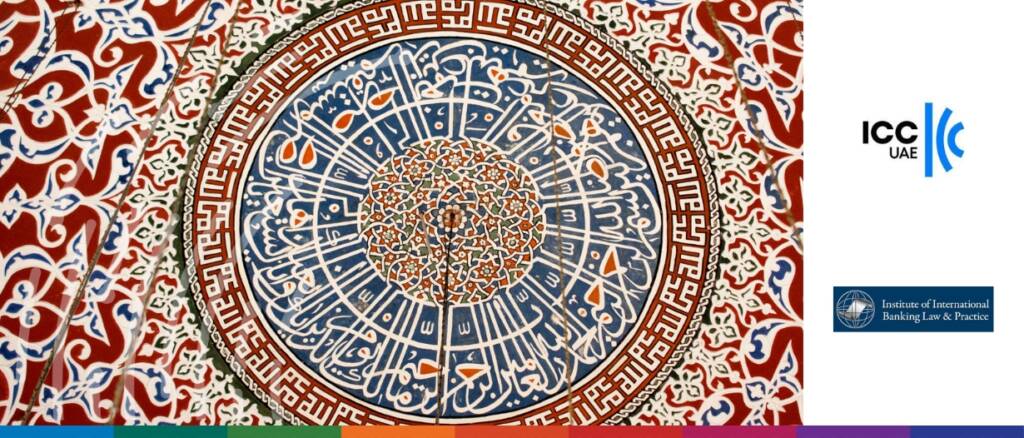Lloyds Bank has initiated a strategic trade collaboration with UBS to bolster its global presence, aiding its UK-centric clientele to conduct business across 170 nations globally. Through this pact, the… read more →
The Electronic Trade Documents Bill has today received Royal Assent, and is officially an act of law (the Electronic Trade Documents Act), promising to transform the way international trade is conducted electronically.
In the geographically dispersed world of international trade finance, efficient communication is crucial.
This is why the Society for Worldwide Interbank Financial Telecommunication – better known as SWIFT – created its messaging types, which have long served as a means for banks around the globe to communicate and facilitate transactions.
With the disruption of the global value chains stemming from COVID-19 and the war in Ukraine, Central and Eastern European (CEE) trades are finding themselves in a new business reality. While trade with East Asia is a well-established import region, new primary export destinations are emerging for exporters in Central and Eastern Europe (CEE). With the Russian full-scale invasion of Ukraine, the main export markets outside the EU for the CEE companies, Russia, Ukraine and Belarus, were closed or significantly constrained.
In 1977, as Mr Justice Kerr was coining his often-cited description of the letter of credit as the “lifeblood of international commerce”, the obstruction caused by the use of sanctions in international trade as a weapon of foreign policy would have been difficult to predict. The modern use of sanctions clauses would have been beyond comprehension.
The ICC has unveiled eUCP Version 2.1, an alignment of the eUCP with the UNCITRAL MLETR
At ICC Austria’s Trade Finance Week, Trade Finance Global spoke with Isaac Mahanke, group head for traditional trade products at Standard Bank, to shed light on the prevalence and advantages of demand guarantees in Africa.
Trade Finance Week, a week-long gathering organised by the International Chamber of Commerce (ICC) Austria, has become renowned in the trade finance industry.
VIDEO: Learn more about the letter of credit and the rules governing its use in this four-part interview series with Pradeep Taneja of ICC Bahrain. Includes: tips and explanations of the UCP 600 and the evolution of the rules.
ESG is certainly not a new development, but its growth and importance in financial services have never been higher. Whilst there has been a big focus on the “E” in ESG, we’re also seeing a lot of progress in tackling other aspects, such as social action to address societal challenges. One of the biggest social challenges in global trade is the huge, and growing, finance gap.




















